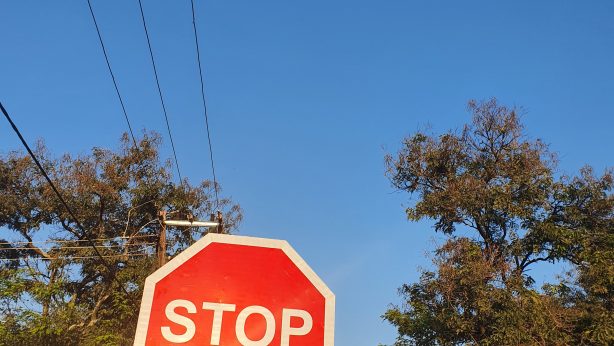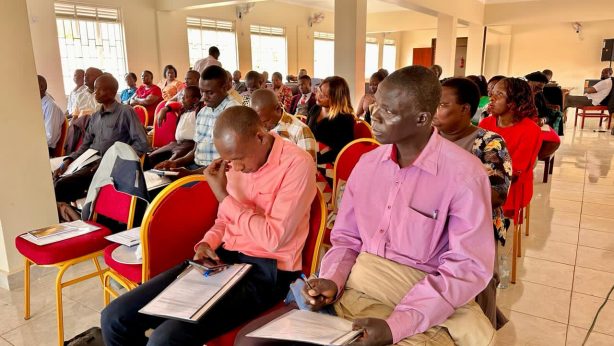Local Governments May Be Constrained but Oftentimes Listen and Act
Local governments in Uganda often find themselves walking a tightrope between limited resources and the unlimited needs of citizens under their jurisdiction. Constrained by budgetary limitations, and a myriad of other challenges, these institutions are tasked with addressing the multifaceted needs of their constituents. However, amidst these constraints, there exists a glimmer of hope – a willingness to listen and act when citizens come forward with their concerns and needs.
Uganda, like many other developing countries, grapples with numerous socio-economic challenges ranging from inadequate infrastructure to limited access to basic services such as healthcare and education. In the face of such challenges, local government bodies are often the first point of contact for communities seeking assistance and redress. While their capacity to address these issues comprehensively may be restricted, the responsiveness of local authorities to the voices of their citizens is a crucial aspect of governance.
One of the most significant strengths of local governments in Uganda is its proximity to the people. Unlike the central, local authorities have a better understanding of the specific needs and dynamics of their communities. This closeness enables them to establish channels of communication with residents, allowing for a more direct exchange of ideas and concerns. When citizens approach local government officials with their concerns or suggestions for community development, they are often met with a receptive ear.
Listening, however, is only the first step. The true measure of effective governance lies in the ability to translate words into action. Fortunately, there are instances where local governments in Uganda have demonstrated their commitment to this principle. For instance, in Kiriba village, Bufindi Sub County, Rubanda District, residents identified insufficient drug supply at Habuhinga Health Centre II as a pressing concern, affecting more than eighteen benefiting villages. To address this issue, residents through the change agents reached out to the Speaker, Bufindi Sub County, who pledged support by following up with the District Health Office.
Demonstrating commendable commitment to his promise, a week later, the health centre received the much-needed supply of drugs. The Center was further restocked on November 7, 2023 and January 18, 2024, respectively. Similarly, with support from the Speaker, the residents of Habuhinga village had their community access road fixed. Listening to the citizens and mobilizing relevant and responsible offices to support their causes has made a significant difference in the lives of many.
However, it would be remiss to paint a wholly rosy picture. Constraints such as inadequate funding among others, often hinder the ability of local governments to respond effectively to the needs of their constituents. In many instances, the gap between rhetoric and action remains glaringly wide, leaving communities disillusioned and disheartened. Moreover, the extent to which local governments listen and act varies significantly across regions and jurisdictions. While some areas may benefit from proactive and responsive leadership, others may languish in neglect and apathy. Addressing these disparities requires not only greater accountability and transparency but also a concerted effort to strengthen the capacity of local governments.
While local governments in Uganda may sometimes find themselves constrained by various challenges, there are instances where they demonstrate a willingness to listen and act in response to the needs of their communities. By fostering an environment of dialogue, collaboration, and accountability, these institutions can play a pivotal role in driving inclusive and sustainable development at the grassroots level. However, realizing this potential requires not only the commitment of local authorities but also the active engagement of citizens in shaping the future of their communities.
This article is written by David Mugurusi, Senior Program Officer, Twaweza Uganda, dmugurusi@twaweza.org


